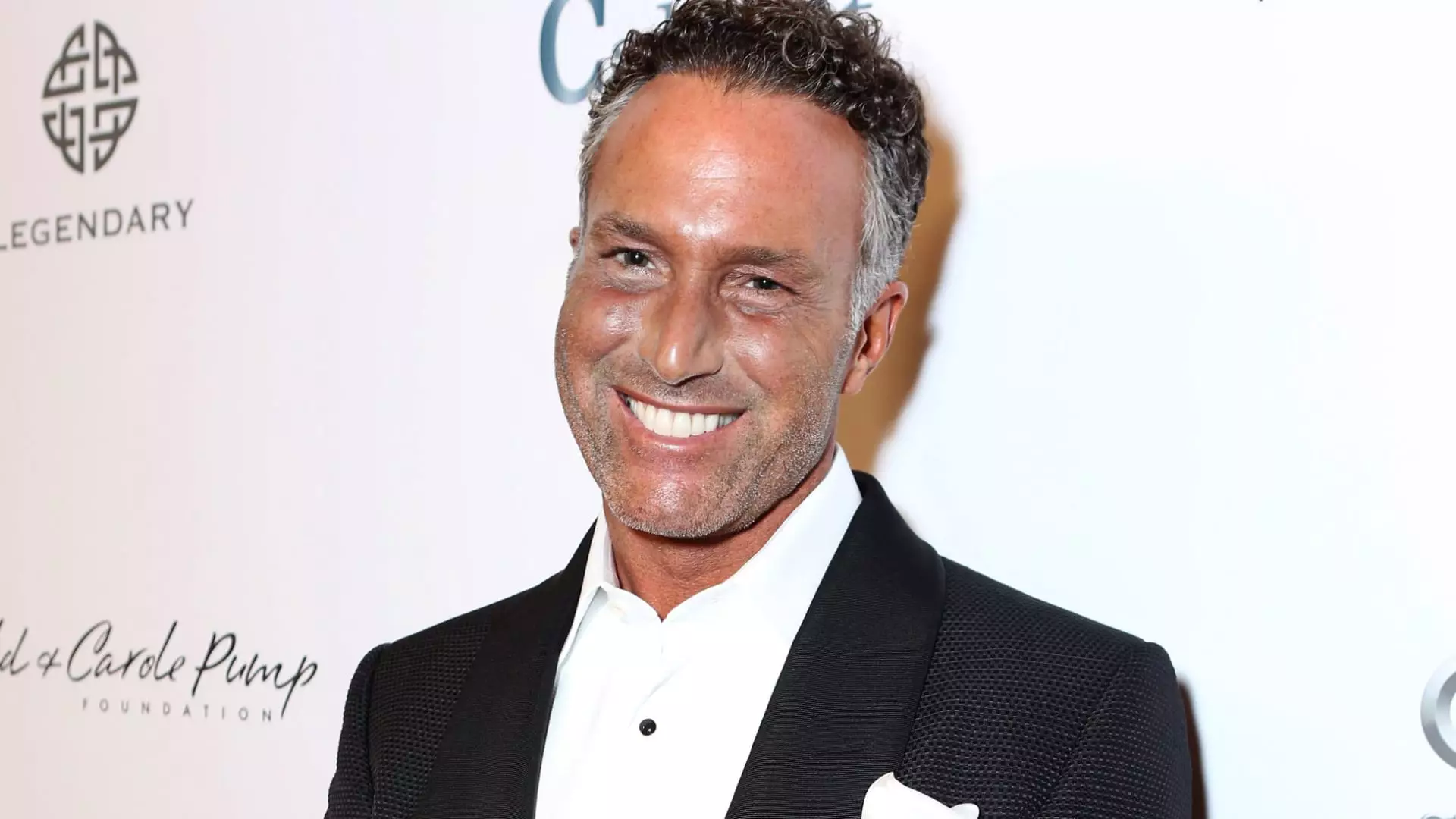In a recent turn of events, Philip Esformes pled guilty to health care fraud, marking the end of the Justice Department’s relentless pursuit of the convicted fraudster. This plea deal comes after former President Donald Trump commuted Esformes’ 20-year prison sentence. Esformes admitted to one count of conspiring to commit health care fraud in federal court in Miami, Florida, while the DOJ dropped five other charges against him.
As part of the plea agreement, Philip Esformes was sentenced to time served, meaning he will not spend any additional time behind bars. This decision raises questions about the prosecution’s handling of the case and the message it sends about accountability for white-collar crimes. Despite personally profiting from the largest health-care fraud scheme ever prosecuted by the DOJ, Esformes will face no further restrictions or fines.
Former President Trump’s last-minute commutation of Philip Esformes’ prison sentence sparked public outrage and criticism. While the commutation canceled Esformes’ remaining prison time, it did not overturn his 2019 conviction on 20 criminal charges. The decision to commute Esformes’ sentence was seen as a symbolic move rather than a reflection of his guilt or innocence in the eyes of the law.
Despite Trump’s intervention, the DOJ announced its intention to retry Philip Esformes on six remaining criminal charges that the jury had deadlocked on during his initial trial. This decision raised concerns about the politicization of the justice system and the potential for retribution against defendants who receive presidential pardons or commutations. The ongoing legal battle underscores the complexities of prosecuting white-collar criminals and holding them accountable for their actions.
Throughout his legal saga, Philip Esformes has been portrayed as a man driven by insatiable greed and a lack of regard for the well-being of vulnerable patients in his nursing homes. His lavish spending on luxury cars and extravagant items using ill-gotten gains further highlights the extent of his criminal activities. The case serves as a cautionary tale about the consequences of unchecked ambition and the importance of upholding ethical standards in the healthcare industry.

Leave a Reply